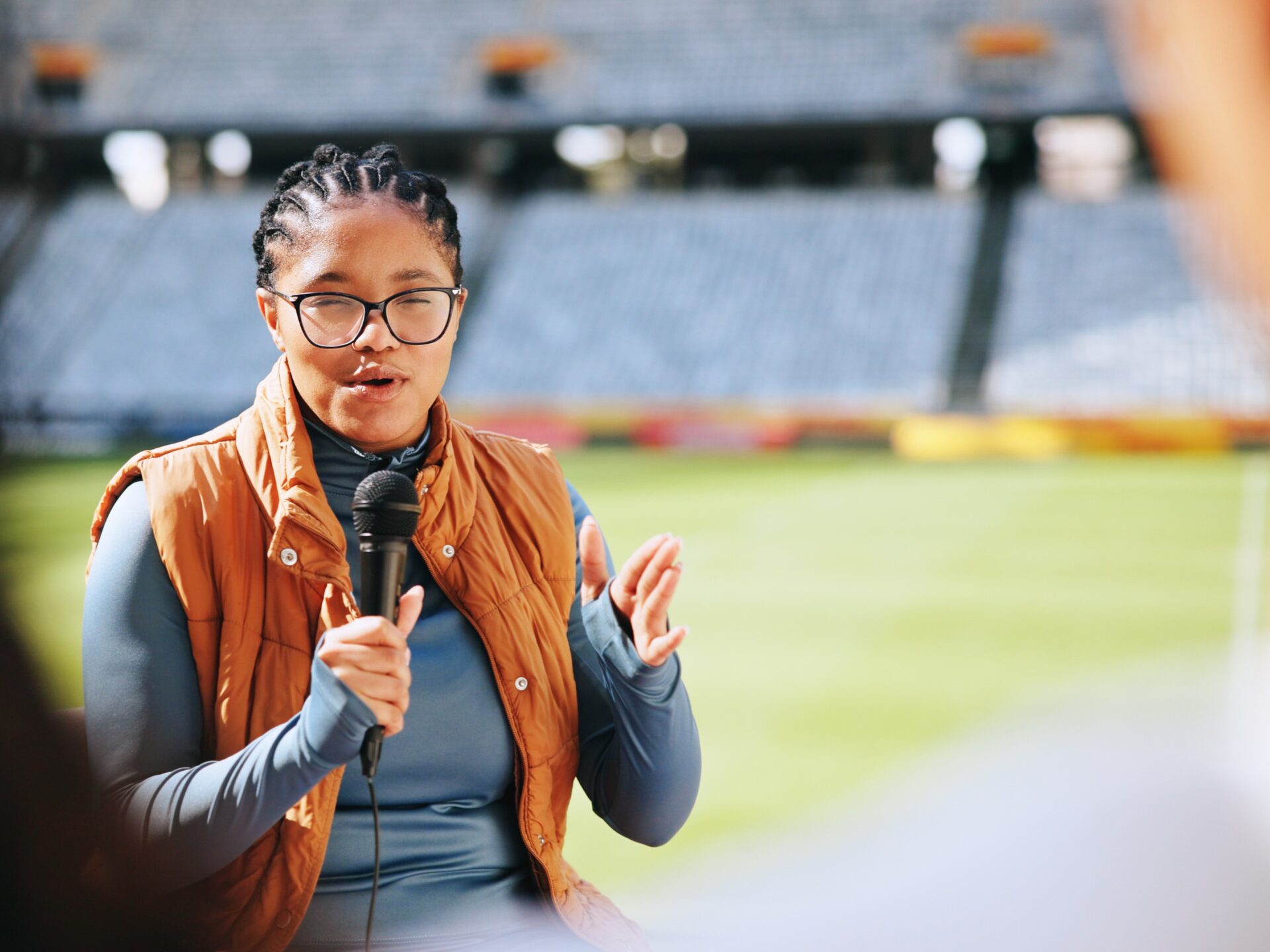Four in five women in football said they faced sexism at work, according to the latest annual survey by Women in Football (WIF).
The research found discrimination was widespread, reporting systems were not trusted, and workplace culture was a barrier for both women and men.
A total of 78% of women said they had experienced discrimination based on their gender in the workplace.
Sexist jokes or banter were reported by 63.5%.
Over half (56%) of women working in football said no action was taken after reporting gender-based discrimination in the workplace.
Over a third (36%) of female WIF members did not report abuse or discrimination because they did not think anything would be done, while 34% did not trust the process or people handling the case, and 26.9% were worried it would affect their career.
76% of all female respondents said the levels of discrimination they had witnessed online had increased or stayed the same.
Additionally, data showed that 81% of women from underrepresented ethnic origins said the levels of discrimination they had witnessed online had increased or stayed the same.
Most women working in football believed they had to work harder than men to achieve the same recognition and benefits, with 86% saying so, and 69% of men agreeing.
68% believed male dominance was the biggest challenge for women in football.
More than half (56%) cited unconscious bias as one of the biggest challenges, rising to 75.6% for women of underrepresented ethnic origins.
50% of women had not had access to training to support their development, such as career development planning, mentoring or training to support upskilling or career transition.
Just 12% of all women, and 10% of women from underrepresented ethnic origins, strongly agreed that their work was acknowledged or celebrated.
77% of women were optimistic about the prospects for women in the football industry.
55% of women said the football sector is one where women can excel, but for women of underrepresented ethnic origins, this dropped to 29%.
Yvonne Harrison, CEO at WIF, said: “The headline data from the 2025 survey remains relatively static, and in many areas, bleak.
“They are not just numbers: they are the lived experiences of people working in the game, and they deserve better.
“If the industry is to change, we need to recognise these hard truths.”
Harrison added: “We can safely assume that the real levels of discrimination are even higher, with a third of female respondents stating they had not reported incidents due to a lack of faith and trust in workforce processes, or for a fear of retribution.
“We cannot keep relying on the resilience of women. We need women to be supported, valued, and recognised.
“These are not questions of cost. It is a question of culture, and a commitment to ensuring psychological safety.”
She said: “WIF remains steadfast in its belief that a more diverse workforce is a better workforce which the whole game benefits from.
“We are determined to continue working with our industry partners across the myriad topics highlighted by our survey to support more organisations to move towards becoming truly gender-inclusive employers.
“With women’s voices informing solutions, and men being an active part of the conversation, demonstrating true allyship in action.”
Earlier this month, WIF launched its equity, equality, diversity, and inclusion advisory group to work with the industry and lead change.
The group will work with governing bodies, leagues, clubs, broadcasters, commercial and media partners, as well as the Government, Parliament and Ofcom.
Ebru Köksal, chair at WIF, said: “This year’s findings provide us with the evidence to both confront discrimination and celebrate progress.
“They also show that barriers are often higher when gender intersects with other underrepresented identities, reminding us that intersectionality must inform real solutions.
“Women in Football will continue to work with the industry to break down these barriers and ensure the game becomes inclusive for every woman.
“Together, we can turn evidence into action, and action into lasting, systemic change.”

















